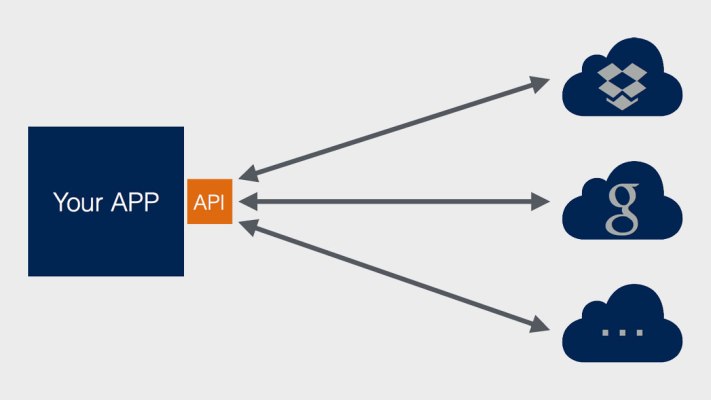If the Internet of Things (IoT) is the tech industry’s latest gold rush, it stands to reason that a plethora of startups will set up shop to provide the picks and shovels. But, actually, CloudRail, a burgeoning startup hailing out of Mannheim, Germany, is attempting to solve a genuine pain-point for developers and the wider IoT and ‘smart’ devices market in general.
The company, which has just scored a seed investment of €540k from Leonardo Venture, BWM, and various unnamed angels, is developing technology to enable developers to write to a single API that will connect to and handle data translations for an ever growing list of IoT devices and related services.
This promises to eradicate the heavy-lifting and re-invention of the wheel that is often required because programming and data standards are far and few between in the IoT space, meaning that developers need to write to each device or service’s own individual and often idiosyncratic API and dataset. In other words, IoT ‘interoperability’ is the holy grail that CloudRail is chasing.
Specifically, the startup will offer what it calls a ‘universal interface’, which promises a number of efficiency savings for developers by enabling their apps to add support and talk to many more devices at a fraction of developer time and cost, especially as the number of IoT/smart devices and appliances coming online is expanding exponentially.
In addition, if the API changes at the provider’s end, CloudRail automatically updates its translation. That could prove to be a major life saver for developers.
Developers will also be able write their own CloudRail-powered translations and share or sell them to the CloudRail community.
Furthermore, unlike traditional middleware, data conversion happens on the client side, so the data never passes through CloudRail’s servers. This, the company says, has major advantages related to security and scalability.
CloudRail originally applied its tech to the cloud storage space, providing a single developer interface for the likes of Dropbox, Google Drive and Box. However, the IoT space is seen as a much bigger fish to fry, and hence today’s albeit modest seed round.
